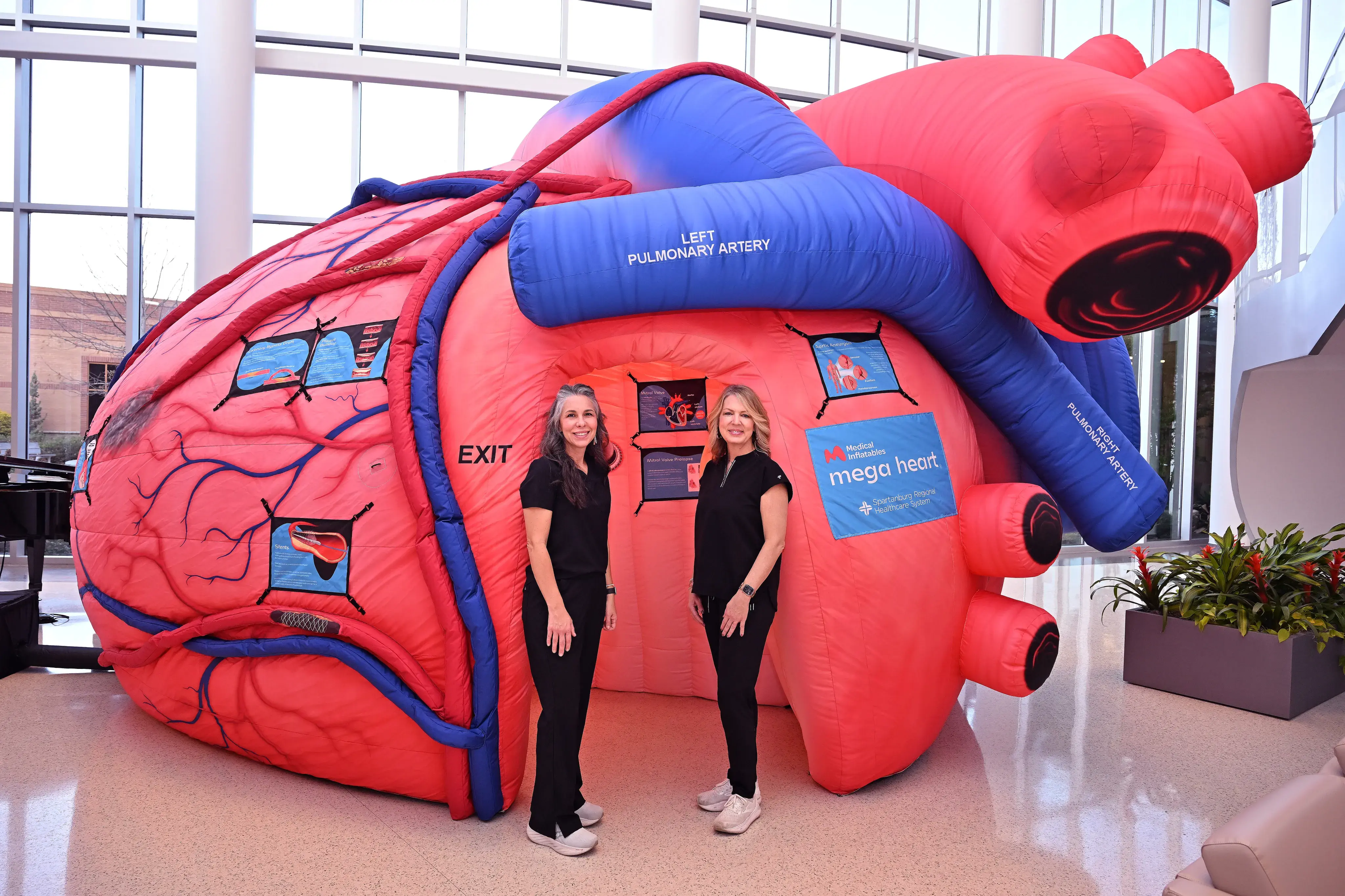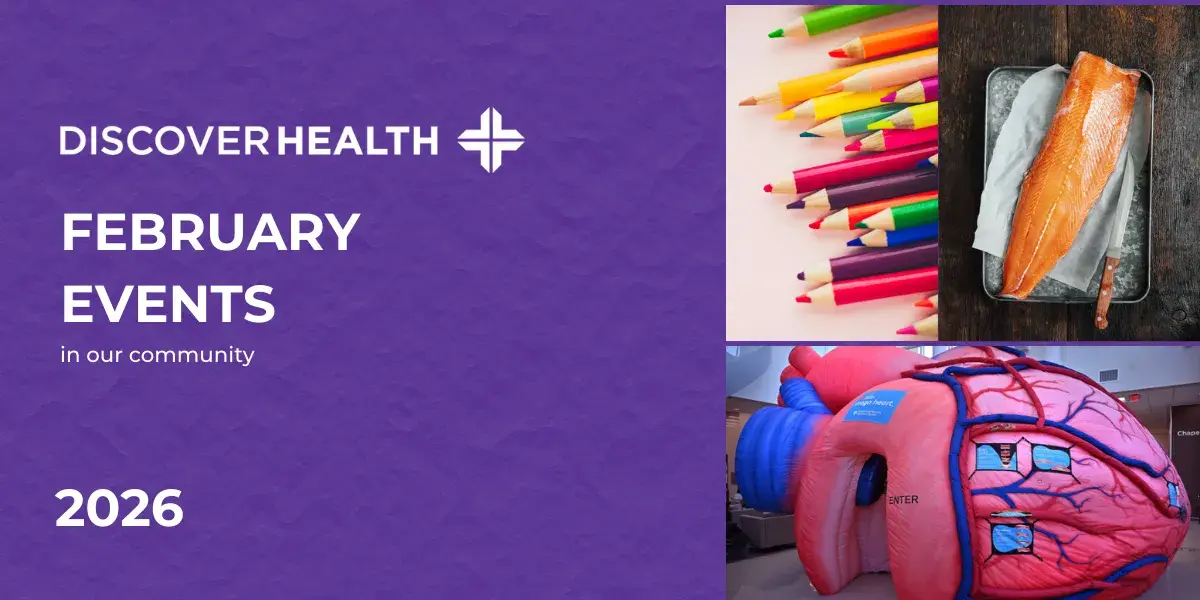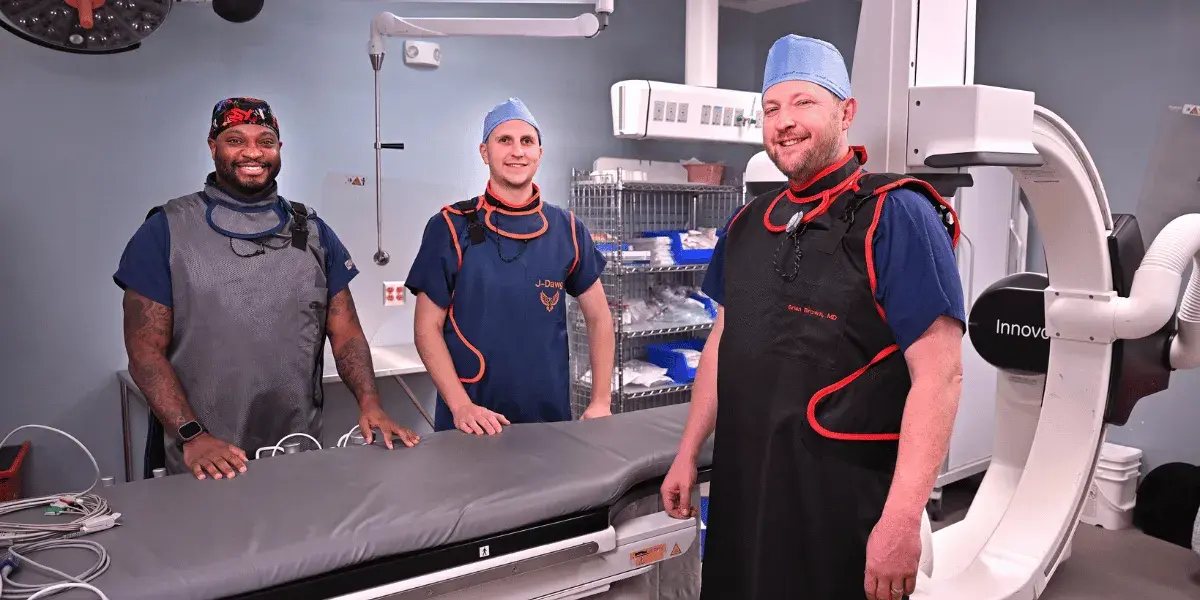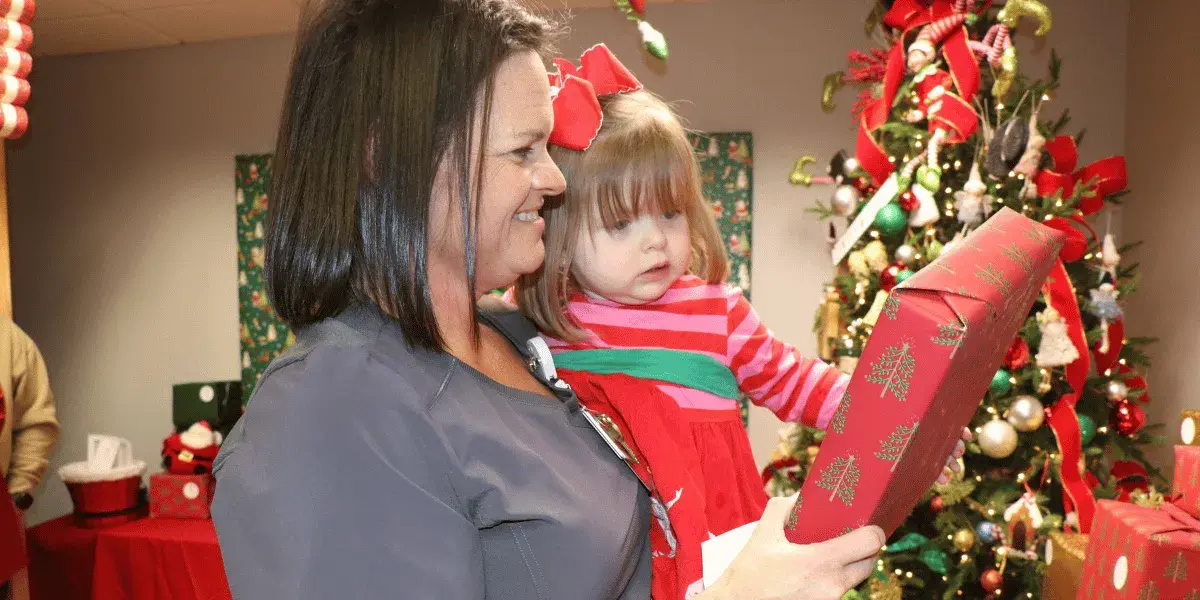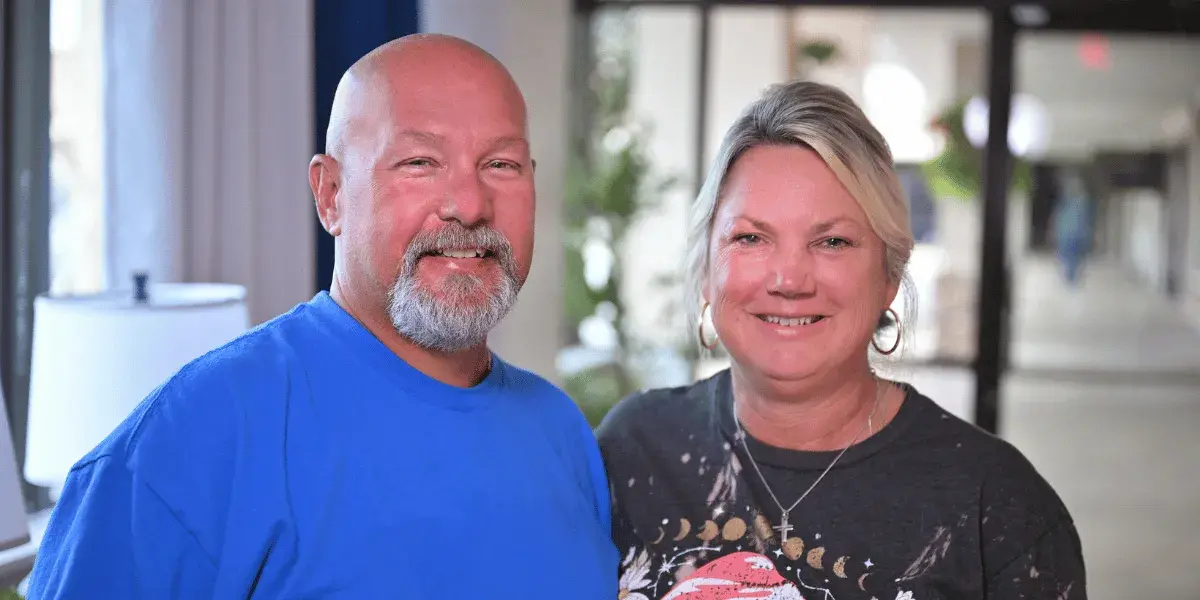
After two strokes, Spartanburg man shares message of strength and self-care
Brian Biggs, 51, calls himself “a walking miracle.”
After two back-to-back strokes, he says he is thankful to be alive.
The Spartanburg native began having headaches one day in January, followed by nausea, and based on those symptoms, his wife called 911 right away to initiate a rapid response.
Providers concluded Biggs suffered a mini stroke that did not leave any deficiencies or disabilities.
Just 24 hours later, while still hospitalized, Biggs’ body became paralyzed, and he experienced a more significant stroke when blood flow was interrupted to a crucial part of the brainstem. An ICU nurse spotted his symptoms right away, so he was able to get critical care immediately.
“The doctors told us only 40% of people make it back from a stroke when it happens to that area of the brain,” Biggs said. “I concluded then and there I wasn’t going to be in that statistic, and I was going to come back from it.”
Biggs began a regimen of therapy right away to improve his functionality and mobility.
“I was determined not to be defeated,” he said.
Time is of the essence when it comes to recovering from a stroke. The best way to spot the signs of a stroke is to learn the acronym B.E. F.A.S.T.:
B – Sudden loss of balance
E – Loss of vision in one or both eyes
F – Face looks uneven or drooping
A – Arm or leg becomes weak or is hanging down
S – Speech is slurred or there is confusion or trouble when speaking
T – Time is critical. Call 911 immediately.
Biggs said before his strokes, he had become complacent in his approach to maintaining good health habits. He often would neglect to take his blood pressure medicine or other prescriptions consistently.
Now, his strokes have completely changed his outlook
“I learned that when the doctor gives you medicine to take, you take it,” Bigg said. “It's up to you to do your part.”
The first thing he does every day is take his medicine before doing anything else.
“I took a knock over the head, but I learned from it,” he said. “By the grace of God, everything happened the way it did.”
Spartanburg Regional Healthcare System has long provided high-quality stroke care, receiving the first primary stroke certification in South Carolina in 2005.
Today, Spartanburg Medical Center, Spartanburg Medical Center - Mary Black Campus and Pelham Medical Center are all certified as Primary Stroke Centers by Det Norske Veritas (DNV), an internationally accredited classification society.
Union Medical Center and Cherokee Medical Center are also certified by DNV as Acute Stroke Ready.
To learn more about the causes and symptoms of stroke, go to SpartanburgRegional.com/Stroke.









